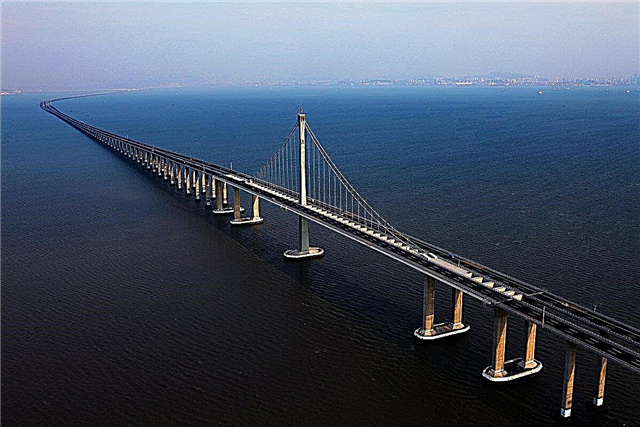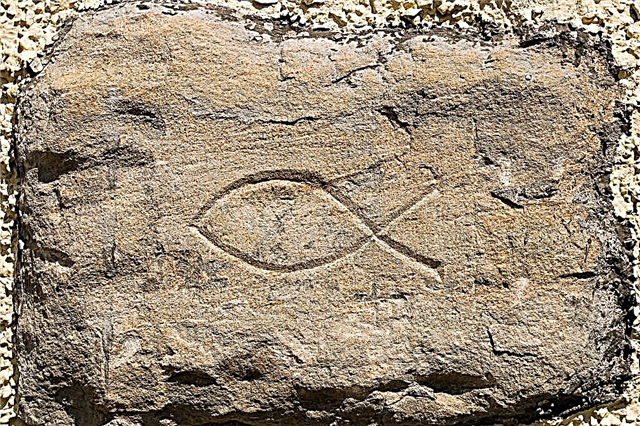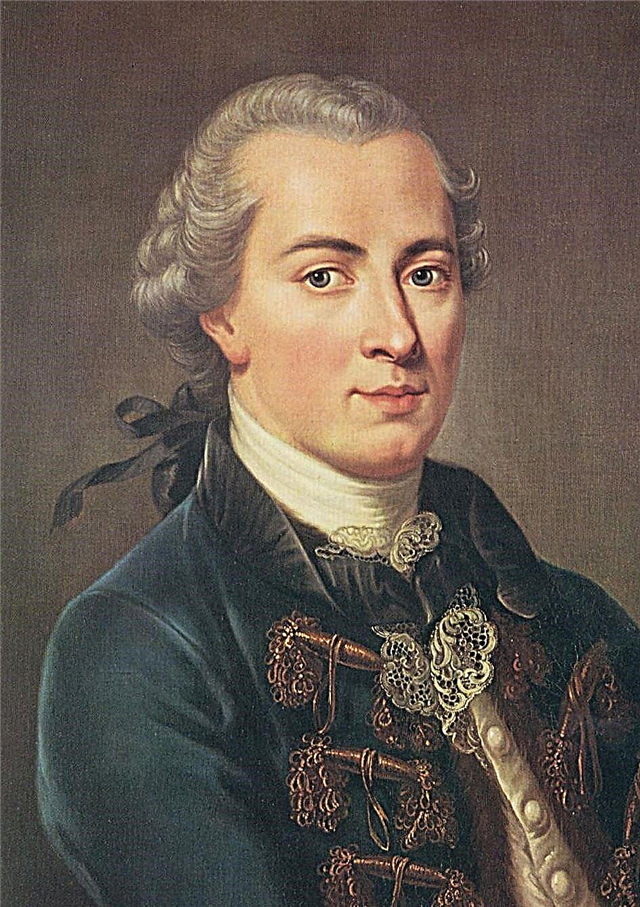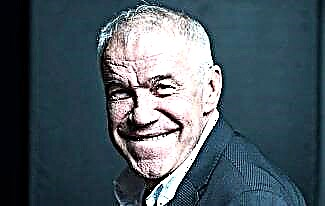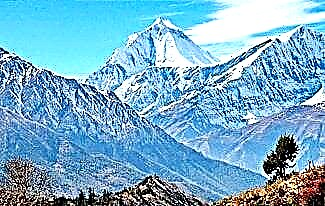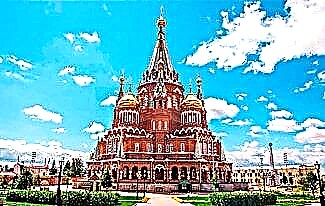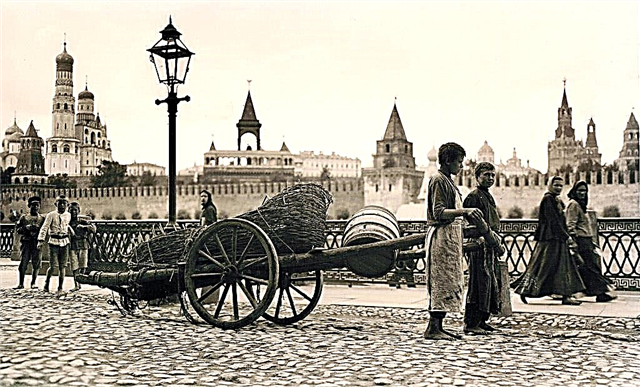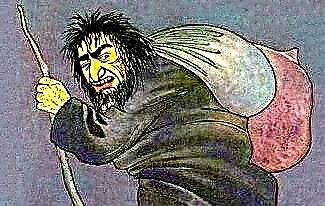Alexander II is the majestic tsar of the Russian Empire. Alexander proved himself to be a courageous and purposeful, self-confident and proactive ruler. The king was interested not only in the political side of the empire, but also in the fate of ordinary citizens. Next, we suggest viewing more exciting and interesting facts about Alexander II.
1. Alexander II officially took the throne on March 4, 1855.
2. In the reign of the emperor, an important role was played by his personal qualities, which influenced the course of history.
3. The last emperor Alexander II was born in Moscow.
4. The birth of Alexander II became a real holiday in the family.
5. The young prince was declared an adult on April 17, 1834.
6. In honor of the heir, the precious stone "Alexandrite" was named.
7. The gem, named after the emperor, has the unique property of changing color from red to green.
8. The emperor's talisman was the alexandrite stone, which averted trouble from him.
9. On March 1, 1881, the first assassination attempt was made against the emperor.
10. The emperor had a rather complicated relationship with his father.
11. "I hand over your command, but, unfortunately, not in the order I wanted, leaving you a lot of work and worries" - the last words of the father of the future emperor.
12. Prior to accession to the throne, Alexander II was a staunch conservative.
13. The Crimean War changed the emperor's ideological thinking.
14. For the sale of Alaska, the United States accused Alexander II.
15. Alaska became the property of the United States on March 30, 1867.
16. Alexander II can be safely called an experimenter.
17. Alexander II dearly loved his wife Maria.
18. Ekaterina Dolgorukaya became the official wife of the emperor.
19. In 1865, a romance was born between Catherine and Alexander.
20. In 1866, the emperor offered his hand and heart to his future wife.
21. Maria Alexandrovna died alone on June 3, 1880.
22. Catherine did not become an empress, being the legal wife of the emperor.
23. Alexander II was mortally wounded on March 1, 1881.
24. The future emperor received basic education at home.
25. V.A. Zhukovsky was the mentor of Alexander II.
26. In his youth, the young emperor was very amorous and vulnerable.
27. In 1839, Alexander was in love with the young Queen Victoria.
28. In 1835 the young emperor was inducted into the structure of the Holy Governing Synod.
29. Alexander visited 29 provinces of the European part of Russia in 1837.
30. Alexander receives the rank of Major General in 1836.
31. The young emperor commanded an entire army for the first time in 1853 during the Crimean War.
32. In 1855 Alexander officially came to the throne.
33. In 1856, the young emperor announced an amnesty to the Decembrists.
34. Successfully and confidently Alexander II led the traditional imperial policy.
35. In the first years of the reign of the young emperor, victories were won in the Caucasian War.
36. In 1877, Alexander decided to go to war with Turkey.
37. At the end of his reign, Alexander in Russia chose to restrict civilian representation.
38. Several attempts were made on the life of the Russian emperor.
39. About 12,000,000 rubles was Alexander's own capital in 1881.
40. In 1880, the emperor built a hospital in honor of the deceased empress for 1,000,000 rubles.
41. Alexander II entered history as a liberator and reformer.
42. During the reign of the emperor, a judicial reform was carried out, serfdom was abolished and censorship was limited.
43. Monument to Alexander II was solemnly opened in Moscow in June 2005.
44. In 1861, the emperor abolished serfdom.
45. The monument to Alexander II was erected in 1894 in Helsinki.
46. In honor of the liberation of Bulgaria, a monument to the emperor was erected in Sofia.
47. Catherine the Great herself was the great-grandmother of Alexander II.
48. The emperor was on the throne for only 26 years.
49. Alexander had a very attractive appearance and slender posture.
50. Eight children were born in the family of the emperor during the years of his reign.
51. The young emperor had a personal collection of erotic paintings.
52. By nature, the young emperor possessed a healthy and sober mind, excellent memory and versatile abilities.
53. During the reign of the emperor in 1864, a national liberation uprising broke out.
54. In 1876, Alexander issued a decree from Ems, prohibiting printing in the Ukrainian language in the Russian Empire.
55. Jews received the right to settle in the territory of the Russian Empire in 1859.
56. In 1857, the emperor introduced the liberalization of the customs tariff.
57. Alexander contributed to the increase in pig iron production during his reign.
58. During the reign of Alexander, there was a tendency towards a decline in the level of development of agriculture.
59. Rail transport is the only industry that has been developing smoothly during the reign of the emperor.
60. For the first time during the reign of Alexander, they actively began to issue external loans to cover the budget deficit.
61. Alexander forbade the issuance and reading of the works of Adam Smith in the Russian Empire.
62. During the reign of the emperor, the level of corruption increased significantly.
63. On the occasion of the coronation, the emperor announced amnesty to the participants in the Polish uprising.
64. The Supreme Censorship Committee was closed by decree of the emperor in 1855.
65. In 1866, a secret committee was created to discuss public affairs.
66. In 1864, the emperor separated the judiciary from the executive.
67. City councils and dumas appeared on the basis of the tsar's decree in 1870.
68. The beginning of the creation of zemstvo institutions fell on 1864.
69. During the reign of Alexander, three universities were opened.
70. The Emperor contributed to the development of the media.
71. The reform of the Russian army took place in 1874 by order of the emperor.
72. Alexander opened the establishment of the State Bank.
73. External and internal wars were victorious during the reign of the emperor.
74. In 1867, Alexander significantly increased the territory of the Russian Empire.
75. In 1877, the emperor declared war on the Ottoman Empire.
76. During the reign of Alexander, the Aleutian Islands were transferred to the United States.
77. The Emperor ensured the state independence of Bulgaria.
78. Alexander inherited his sensitive and sentimental character from his mother.
79. The young emperor was distinguished by his quickness, quickness and liveliness in childhood.
80. The military captain was entrusted with the education of Alexander at the age of six.
81. Great attention was paid to sports and drawing in the process of educating the young emperor.
82. Alexander commanded a company at the age of eleven.
83. In 1833, the emperor began to teach a course in artillery and fortification.
84. In 1835 Alexander was inducted into the Synod.
85. During his life, the Emperor visited all German and Italian states, Australia and Scandinavia.
86. In 1842, for the first time, Alexander was entrusted with the decision of all state affairs.
87. In 1850, the emperor went on a trip to the Caucasus.
88. On the second day after the death of his father, Alexander ascends to the throne.
89. The first years of his reign became a harsh school of political education for the young emperor.
90. The Paris Peace was concluded in 1848 by decree of the emperor.
91. During the reign of Alexander, the term of service in the army was reduced to 15 years.
92. The emperor abolished conscription for three years.
93. Police agents constantly monitored Alexander.
94. The Paris Treaty forbade Russia to keep a fleet in the Black Sea.
95. The son of the Emperor George was born in 1872.
96. The charter of universal military service was adopted by the emperor in 1874.
97. In 1879, a third attempt was made to assassinate the emperor.
98. In 1880, the Empress and Alexander's wife died.
99. Truly the emperor loved only Princess Catherine.
100. Alexander, as a person, was a deeply Orthodox person and a liberal.

